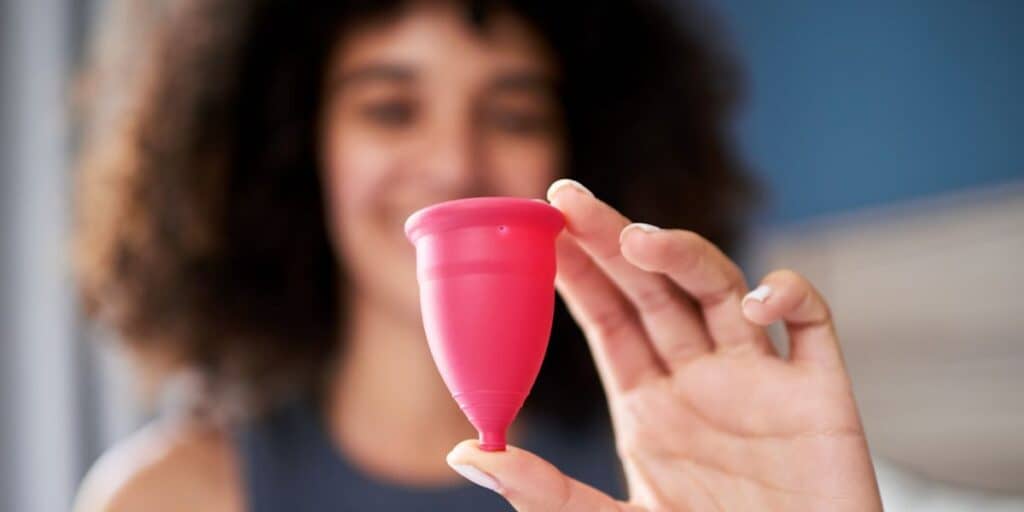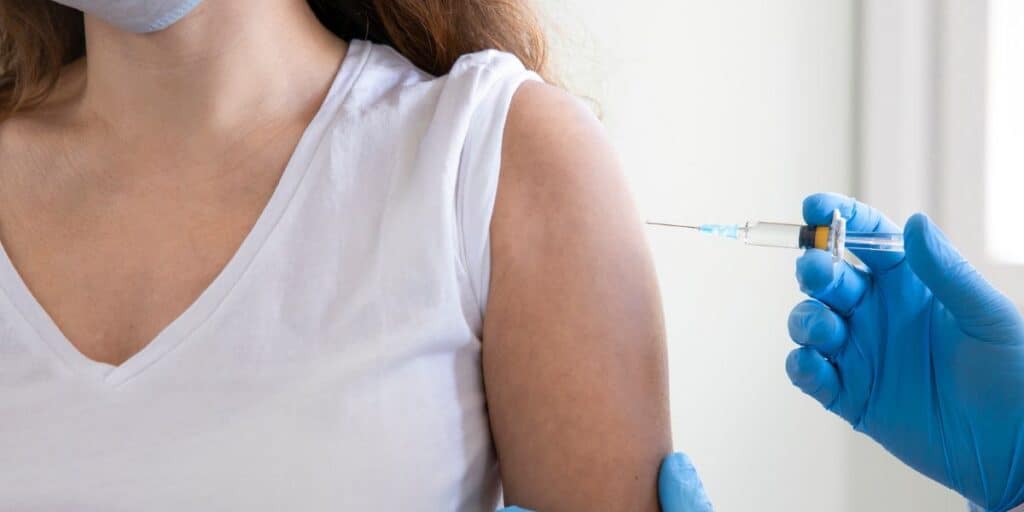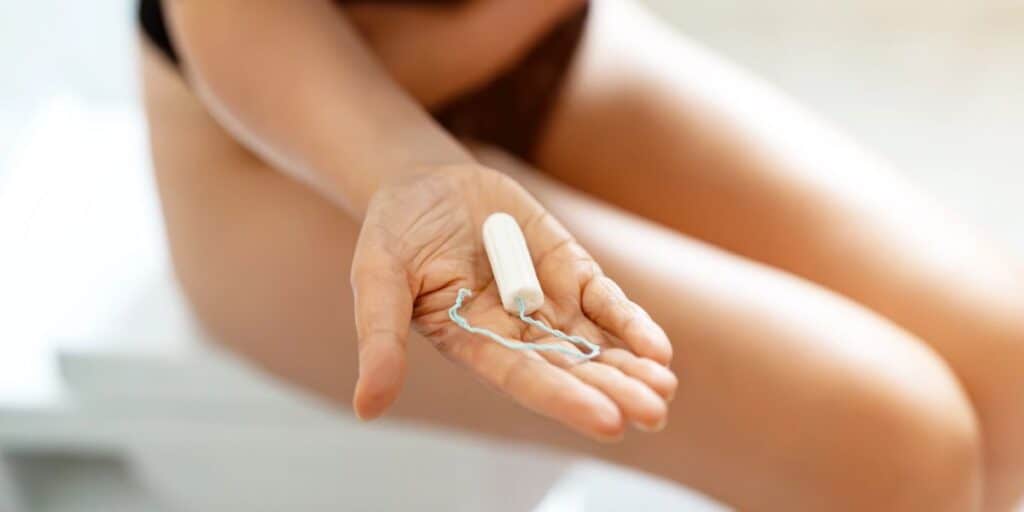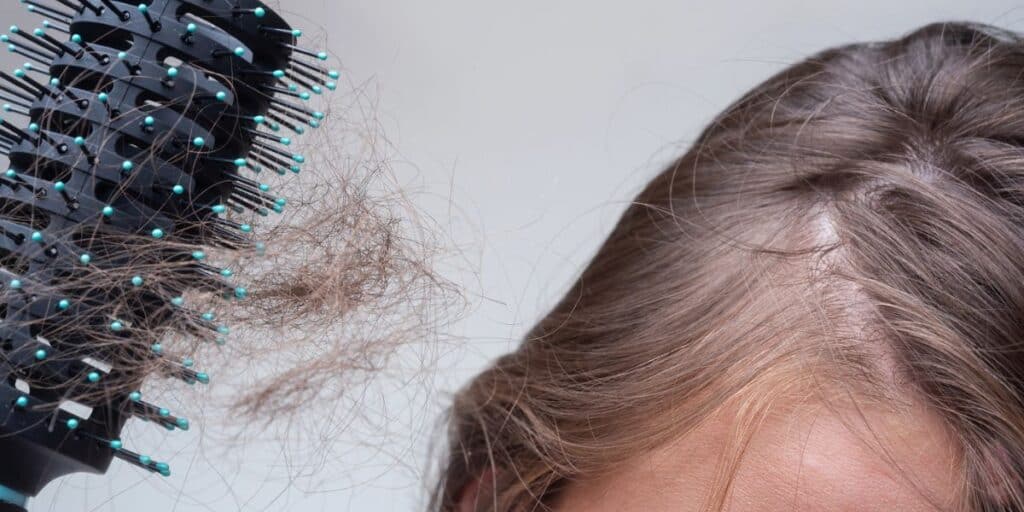Are your period products making you sick?
A shocking new study has found dangerous chemicals called PFAS in many popular reusable menstrual products. These “forever chemicals” don’t break down in your body or the environment, and they’re linked to serious health problems.
If you use period underwear, reusable pads, or menstrual cups, here’s what you need to know to protect yourself.
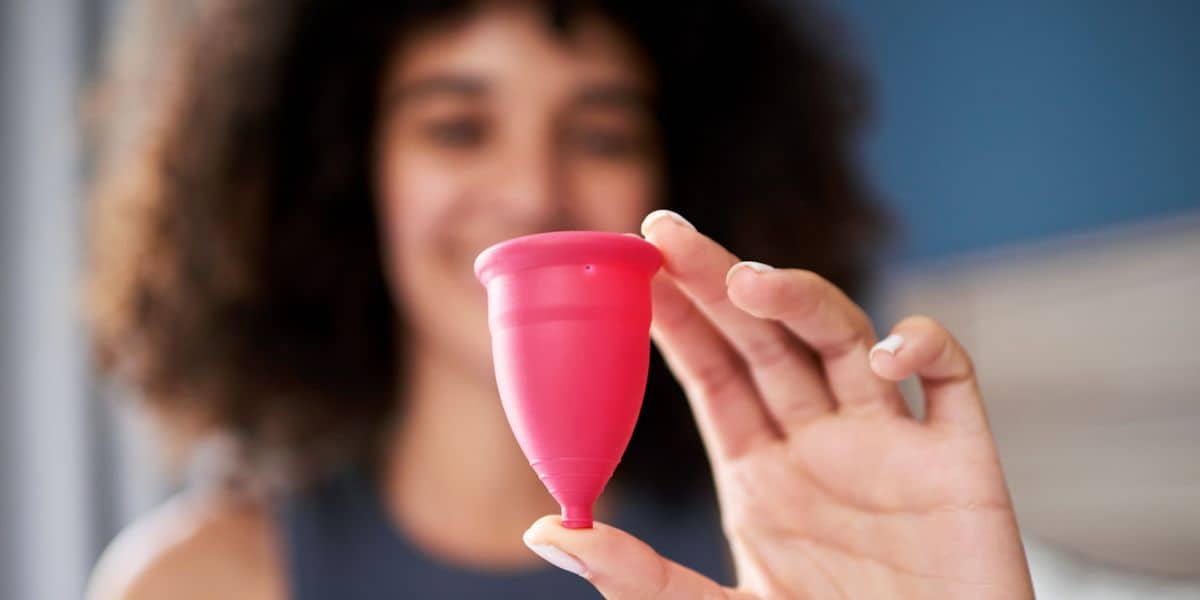
What are PFAS chemicals and why are they dangerous?
PFAS stands for perfluoroalkyl and polyfluoroalkyl substances. Scientists refer to them as “forever chemicals” because they do not fully break down. Once they’re in your body, they stay there.
These chemicals have been linked to:
- Cancer
- Weight gain and obesity
- High cholesterol
- Fertility problems
- Hormone disruption
- Congenital disabilities
The study: What researchers found
Scientists tested 59 different reusable period products, including:
- Period underwear (like Thinx, Knix, and similar brands)
- Reusable menstrual pads
- Menstrual cups
- Incontinence underwear
The results were alarming. Some products contained PFAS levels that were millions of times higher than what’s considered safe.
Companies are adding these chemicals on purpose
Here’s the most shocking finding: about 1 in 3 period underwear brands and 1 in 4 reusable pad brands are intentionally adding PFAS chemicals to their products.
Why? To make them waterproof and leak-proof.
The problem is that companies aren’t telling you they’re doing this. There’s no warning label or ingredient list that mentions PFAS.
Which period products are contaminated?
The study didn’t name specific brands, but researchers tested products from:
- US manufacturers (most of the products tested)
- South American companies
- Australian brands
- European manufacturers
The contamination seemed random – sometimes the chemicals were on the inside layer, sometimes the outside, sometimes in between. This suggests companies don’t understand what they’re doing.
New type of PFAS is even more dangerous
The study focused on a type of PFAS known as “neutral PFAS.” These are newer chemicals that scientists are just learning how to detect properly.
Neutral PFAS are especially concerning because they can easily be absorbed through the skin and vaginal tissue. They move through fatty tissues in your body more easily than other types of PFAS.
Dr. Kathrin Schilling from Columbia University explains that we don’t fully understand how these chemicals behave in the body, especially with long-term use.
How PFAS affects everyone, not just period product users
Even if you don’t use these products, you’re still at risk. Here’s why:
When people discard contaminated period products, they often end up in landfills. Over time, the PFAS chemicals leak into:
- Drinking water
- Irrigation water used for crops
- Food supply
This means PFAS from period products eventually affect everyone.
Good news: safe products do exist
The study found that many products had little to no PFAS contamination. This demonstrates that companies can create effective, reusable period products without using hazardous chemicals.
The researchers concluded that PFAS isn’t necessary to make these products work properly.
How to protect yourself
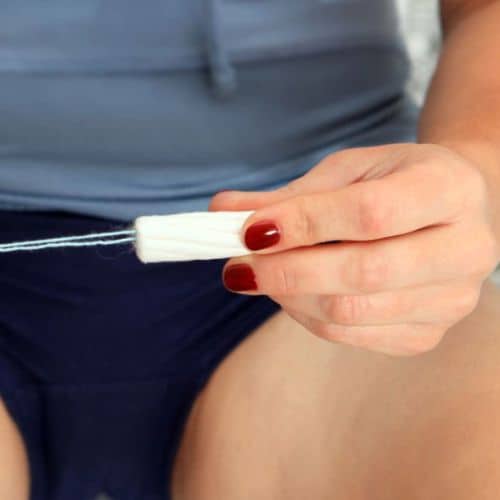
Since companies don’t have to tell you if their products contain PFAS, here’s what you can do:
Research before you buy
- Look for companies that specifically advertise as PFAS-free
- Check if brands have been independently tested
- Read customer reviews mentioning chemical sensitivities
Consider alternatives
- Organic cotton tampons and pads
- 100% silicone menstrual cups (avoid those with fabric components)
- Organic cotton reusable pads from trusted manufacturers
Contact companies directly
- Ask manufacturers if they test for PFAS
- Request ingredient lists and manufacturing details
- Choose brands that are transparent about their materials
What needs to change
Experts are calling for:
- Better regulations requiring companies to test for and disclose PFAS
- Mandatory labeling so consumers know what’s in their products
- More research on how PFAS affects vaginal tissue over time
- Industry standards for safer manufacturing processes
Balancing health and environmental responsibility
You shouldn’t have to choose between protecting the environment and protecting your health. Many companies are already producing safe and effective reusable period products without using hazardous chemicals.
Until regulations improve, it is your responsibility to research and choose safer options. Your health is worth the extra effort.
Not necessarily. The study showed that not all products are contaminated. If you’re concerned, contact the manufacturer to ask about PFAS testing.
The study also examined tampons and found some contamination there as well. No period product is guaranteed safe without proper testing and regulation.
PFAS exposure is widespread in modern life. If you’re concerned, discuss testing with your doctor, although treatment options are currently limited.
Price doesn’t guarantee safety. The study found contamination across different price ranges and manufacturers.






